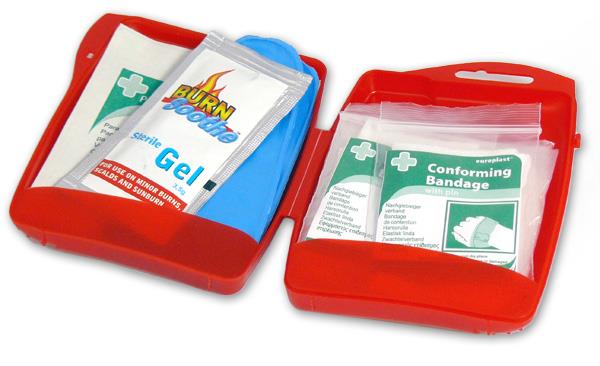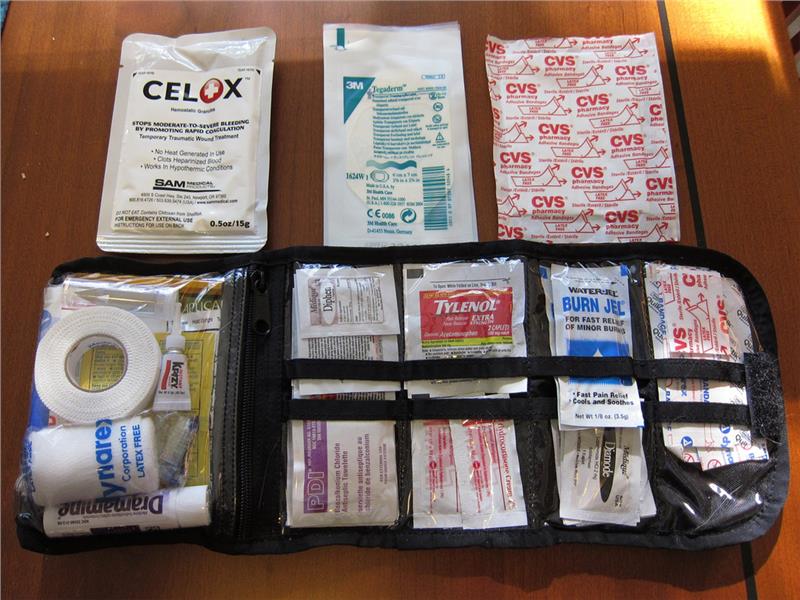In Indochina in general and in Vietnam in particular, if a medicine is available at all it will generally be available over counters and the price will be much cheaper than in the West. However, you are always careful when buying drugs here, particularly where the expiration date may have passed or correct storage conditions may not have been followed. Sometimes bogus drugs are common and it's possible that drugs which are no longer recommended, or have even been banned in the West are still being dispensed here.
On your pre preparation for the trip, make sure you and your children are healthy before you start. If you are embarking on a long trip make sure your teeth are OK; there are lots of places where a visit to the dentist would be the last thing you must do.
If requiring a particular medication in Vietnam travel, just take an adequate supply immediately; as unluckily, it may not be available locally. Take the prescription or, better still, part of the packaging showing the generic rather than the brand name (which may not be locally available), as it will make getting replacements easier. It's a wise idea to show you legally use the medication.

It is better to carry a medical kit with bandages, splints and necessary utensils. It is important if you bring a complete, personal medical and first aid kit along with a few other essential items during your Vietnam travel. Here are some suggestions for your careful preparation (Note: you will need to pack sharp objects in checked baggage due to tightened airline security):
• A small, straightforward medical kit put together with special thought for children's ailments is a wise thing to carry.
• Antibiotics – one of the most important and extremely useful for your travel to Vietnam in particular, yet it must be prescribed and you should always carry its prescription along with you. Some people are allergic to commonly prescribed antibiotics such as penicillin or sulfa drugs. Antibiotics are quite specific to the infections they can treat. Stop immediately if there are any serious reactions and do not use the antibiotic at all if you are unsure that you have the correct one for the infection.
• Infant analgesic, diaper rash cream, teething gel for predictable ailments should be carried for kids. In addition, there is rehydration mixture for treatment of severe diarrhea. This is particularly important if traveling with children who dehydrate easily. An electrolyte mixture is available in sachets. Make sure that you know the appropriate children's dose of any medicines you are carrying, and that they are in fact suitable for children.
• Antihistamine (such as Benadryl) is useful as a decongestant for colds, allergies, to ease the itch from insect bites or stings or to help prevent motion sickness. Antihistamines may have a sedative effect and interact with alcohol so care should be taken when using them.
• A couple of syringes might be useful in case you need injections in a country with medical hygiene problems. Ask your doctor for a note explaining why you are carrying them.

Besides, you should pay special attention on carrying kaolin preparation for stomach upsets; antiseptic (like Dettol or Betadine), mercurochrome and antibiotic powder, calamine lotion to ease irritation from sunburn, bites or stings; bandages, band-aids, gauze and cotton wool for minor injuries; scissors, tweezers and a thermometer / fever strips; insect repellent, sun block, suntan lotion, chap stick; water purification tablets, worm treatment, lice shampoo, anti-fungal powder for treatment of minor but irritating health problems.
Additionally, care in what you eat and drink is the most important health rule during your trip in Vietnam in particular and worldwide in general. Stomach upsets are the most likely travel health problem but the majority of these upsets will be relatively minor. Do not become paranoid; trying the local foods is part of the experience of travel, after all.
